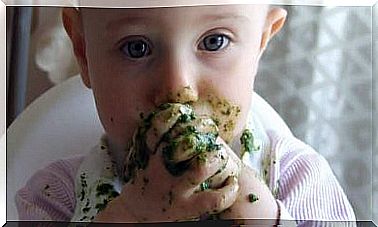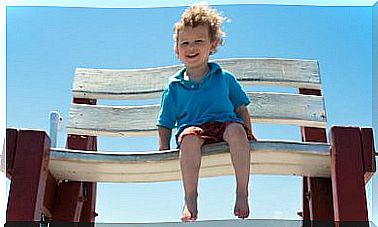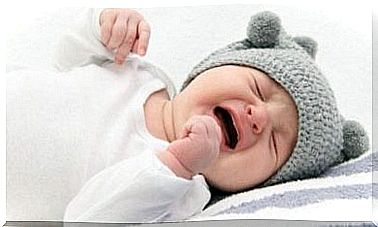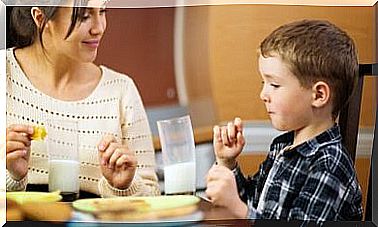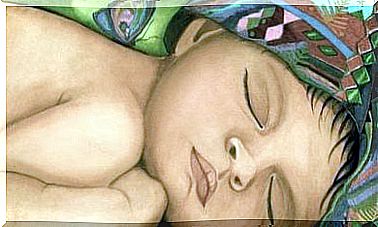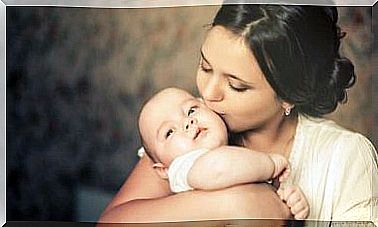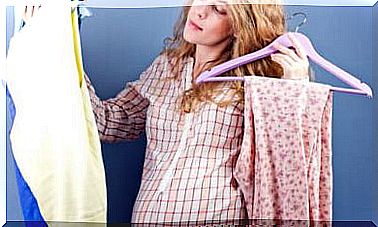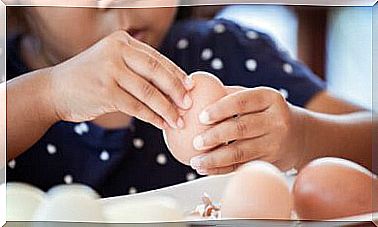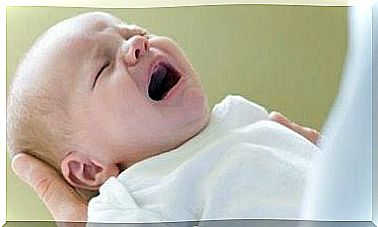8 Foods A Pregnant Woman Shouldn’t Eat
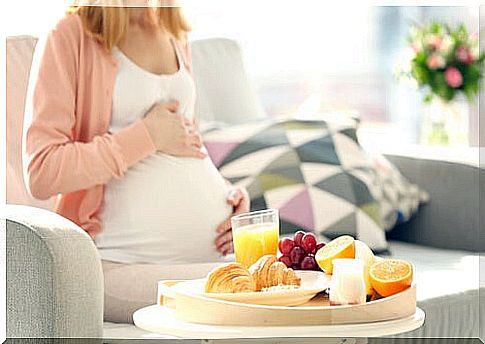
There are foods that should not be consumed by pregnant women, as they can cause food poisoning. Also, some contain bacteria, chemicals or parasites that can harm the baby.
Although during pregnancy cravings are quite frequent due to increased hormones, it is important to follow a balanced diet. This includes knowing that there are certain foods you should not eat while you are pregnant.
8 foods a pregnant woman should not eat
1.-Fish containing mercury
You should avoid eating fish that contain mercury as it can cause brain damage and cognitive delays in babies.
It is possible to choose other types of fish, such as salmon and cod, as they contribute to the development of the child’s heart and brain.
2.- Raw or undercooked eggs
They contain the harmful bacteria of salmonella, which can cause food poisoning and affect the immune system.
Its consumption can cause diarrhea, vomiting, headache, abdominal pain and high fever.
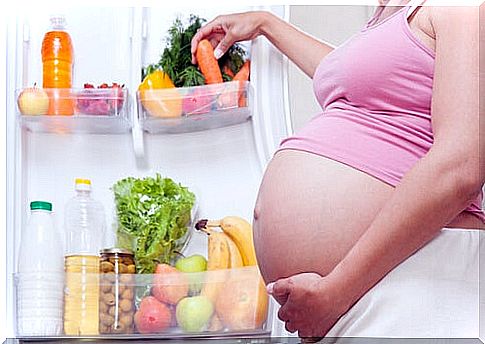
3.- Pre-cooked meat
Try not to eat pre-cooked meats such as sausages, cold cuts or sausage.
They contain listeria bacteria, which can easily pass from the mother to the placenta and cause serious complications.
4.- Unpasteurized milk
It is not safe to drink unpasteurized milk during pregnancy as it has no nutritional advantage.
Its derivatives, such as soft cheeses, generate a high proportion of foodborne illnesses.
Contains harmful bacteria such as salmonella or listeria, which can be harmful to you and your baby.
5.- Tea and herbs
Avoid green tea as there is not enough evidence about its safety during pregnancy and how it can affect your child.
The herbs used to make the tea can harm both the mother and the unborn child. Also, remember that certain herbs such as pennyroyal or ephedra are uterine stimulants.
6.- Canned food
Canned foods, including fruits, vegetables and juices, are harmful to the baby.
The lining of cans containing food has bisphenol A, a toxic substance that affects fetal endocrine activity.
They can cause cancer, fertility and heart disease problems. Furthermore, this type of product may contain harmful bacteria due to its long shelf life.
7.- Foods rich in sugar
Among the foods that a pregnant woman should not eat are sugary ones, as they aggravate the discomforts of pregnancy and have negative consequences for you and your baby.
If you are a sugar addict, there are healthier and more nutritious options like dates, apricots, pears or oranges.
8.- Excessive caffeine
Consumption of high amounts of caffeine can increase the chances of a miscarriage or that your baby is born prematurely.
Your intake should be limited to 200 mg daily. Keep in mind that tea, chocolate and many energy drinks contain caffeine.

Food poisoning
Food poisoning is a potential risk to the fetus and, in the worst case, is related to miscarriage and stillbirth.
There are many different sources of food poisoning, and the actual risk depends on the type of food poisoning.
An intoxicated fetus can have health problems after birth, which include diarrhea, fever and, in rare cases, even meningitis.
However, in most cases, food poisoning can occur without the baby being affected.
How can I prevent food poisoning during pregnancy?
During pregnancy, you should pay special attention to the foods that make up your diet to avoid any kind of food poisoning.
We recommend that you wash your hands before handling food and thoroughly wash the fruits and vegetables you want to include in your meals.
Likewise, it ‘s a good idea to keep the surfaces and utensils you use in your meals clean.
Should I go to the doctor if I have food poisoning?
In general, it is not necessary to go to the hospital. Although, like any other time during pregnancy it is always a good idea to see your doctor.
Keep in mind that the signs of a serious infection include flu-like symptoms and an upset stomach.
If you’ve had food poisoning, the most important thing is to stay hydrated. And beyond that, you will need to rest and focus on recovery.
Finally, it is very important that you be selective and careful about what you eat during pregnancy, as your diet will define you and your baby’s health.
